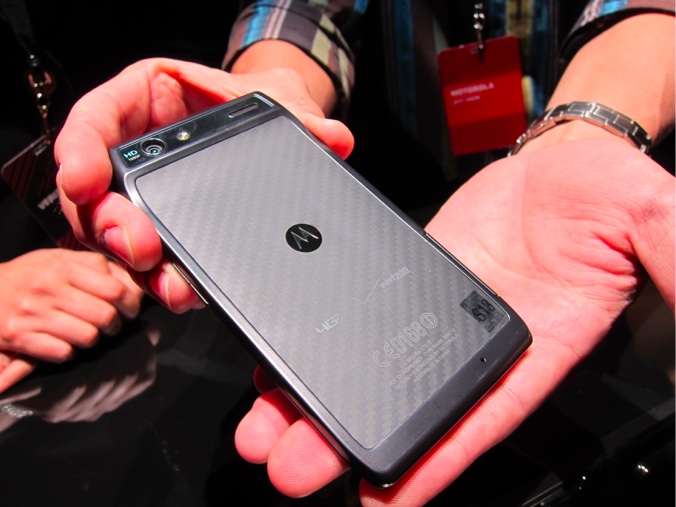
Microsoft will need to pay a €10 million ($12.3 million) bond for the ban to go into place.
[aditude-amp id="flyingcarpet" targeting='{"env":"staging","page_type":"article","post_id":498211,"post_type":"story","post_chan":"none","tags":null,"ai":false,"category":"none","all_categories":"business,mobile,","session":"B"}']This most recent court decision to go against Motorola involves Microsoft’s File Allocation Table storage scheme. The newly-owned Google handset maker is the lone Android device maker that hasn’t licensed Microsoft’s technology. More than 70 percent of Android phones contain Microsoft patented technology, according to patent observer Florian Mueller of FOSS Patents.
This decision will require Motorola to search for another internal storage method for its Android phones. One alternative could be the open-source Linux, Mueller suggests.
AI Weekly
The must-read newsletter for AI and Big Data industry written by Khari Johnson, Kyle Wiggers, and Seth Colaner.
Included with VentureBeat Insider and VentureBeat VIP memberships.
“Today’s decision, which follows similar rulings in the U.S. and Germany, is further proof that Motorola Mobility is broadly infringing Microsoft’s intellectual property,” Microsoft’s vice president and deputy general counsel said in a statement and reported by The Verge.
In May, a German court banned sales of Motorola Android phones containing Microsoft patented technology on how cell phones communicate. Overall, Android phones have not had great success when hauled into court. Courts have enforced a dozen patent claims by Apple and Microsoft against Android phones, according to Mueller.
VentureBeat's mission is to be a digital town square for technical decision-makers to gain knowledge about transformative enterprise technology and transact. Learn More
